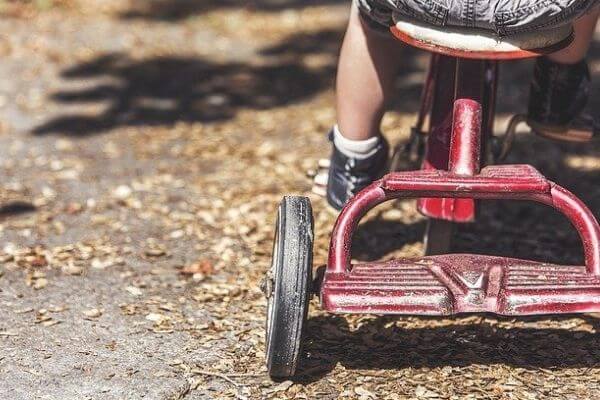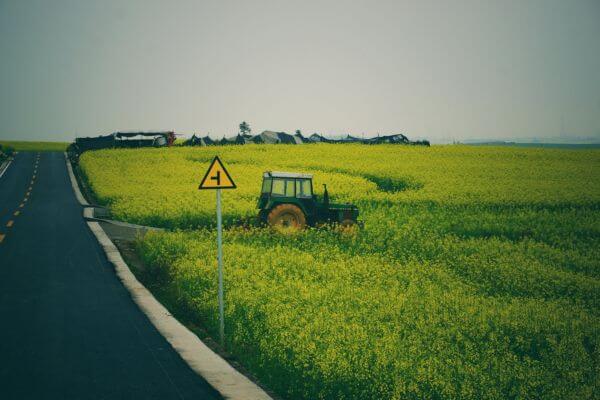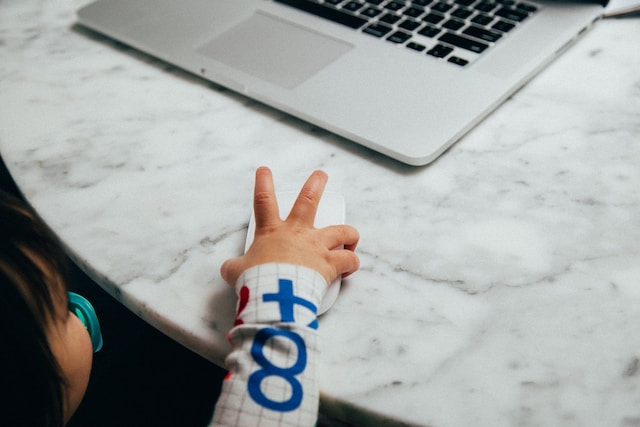
China’s newly revised Minors Protection Law (未成年人保護(hù)法) has added the prevention and handling mechanism for school bullying and child sexual assault, as well as established an information inquiry system of offenders with potential risks to minors.
For more about minors protection laws and regulations, please click here.
The Minors Protection Law was revised on 17 Oct. 2020 and will come into force on 1 June 2021.
There are 132 articles in the Law on the Protection of Minors, which are divided into nine chapters: general provisions, family protection, school protection, social protection, network protection, government protection, judicial protection, legal responsibility and supplementary provisions.
Some noteworthy points are as follows:
1. Social and network protection
A. Network products and online services providers shall not provide minors with products and services that would induce addiction, and shall set such functions as time management, authority management, payment management. (Article 74)
B. If an information processor processes the personal information of a minor under the age of 14 through the Internet, it shall obtain the consent of the minor’s parents or other guardians. (Article 72) If a network service provider discovers that a minor publishes private information through the Internet, it shall give prompt in time and take necessary protective measures. (Article 73)
C. Online games can only be operated after being approved according to the law. Online game service providers shall require minors to register and log in online games with authentic identity information, so as to protect minors from contacting inappropriate games or game functions, and shall not provide online game services to minors from 22:00 p.m. to 8:00 a.m. the next day. (Article 75)
D. Live-streaming service providers shall not provide the streamer account registration service for minors under the age of 16. (Article 76)
E. Without the permission of the school, minor students are not allowed to bring mobile phones and other smart terminals into the classroom. The smart terminals brought into the school should be subject to the school’s unified management. (Article 70)
F. News media coverage of incidents involving minors shall be objective, prudent and appropriate, and shall not infringe upon minors’ reputation, privacy and other legitimate rights and interests. (Article 49)
G. It is forbidden to produce, copy, publish, disseminate or possess pornographic articles and network information concerning minors. (Article 52)
H. No organization or individual may recruit minors under the age of 16. (Article 61)
2. Prevention and handling of school bullying
School bullying refers to the situation that happened among students where one party intentionally or maliciously oppresses and/or insults the other party through verbal, physical, and cyberbullying, causing personal injury, property loss, or mental damage to the other party. (Article 130)
Schools should establish a prevention and control system of school bullying. (Article 39)
Schools shall stop the bullying among the students immediately, and inform the parents or other guardians of the bully and the bullied to participate in the identification and handling of the bullying.
Schools shall take disciplinary measures against minor students making the bully. For severe bullying, schools shall report it to the public security organ and the administrative department of education in a timely manner.
3. Prevention and handling of child sexual assault
A. School protection
Schools and kindergartens shall establish a working system to prevent sexual assault and harassment against minors. (Article 40)
Schools and kindergartens shall report sexual assault and harassment against minors to the public security organ and the administrative department of education in a timely manner.
Schools and kindergartens should provide sex education to minor students appropriate to their age, and improve their self-protection awareness and ability in preventing sexual assault and harassment.
Schools and kindergartens should take timely measures to protect minors who have suffered sexual assault and harassment.
B. Judicial protection
The judicial authority and the government should provide necessary psychological intervention, economic assistance, legal aid, school transfer, and other protective measures for the minor victims who have suffered sexual assault or violence and their families. (Article 111)
When handling cases of sexual assault or violence against minors, the judicial authority and the government shall take measures such as simultaneous audio and video recording when inquiring minor victims and witnesses, and try to finish the process at one time; if the minor victims and witnesses are female, the above-mentioned process shall be done by female staff. (Article 112)
4. Government and judiciary protection
A. Information inquiry system of offenders with potential risks to minors
The State shall establish an information inquiry system of offenders such as sex offenders, abusers, traffickers and batterers, and provide free inquiry service to units that have close contact with minors. (Article 98)
Units that have close contact with minors shall, when recruiting staff, check the above-mentioned criminal records of applicants with the public security organs and procuratorates. In case of such criminal records, the applicant concerned shall not be employed. (Article 62)
The above-mentioned units shall also check the above-mentioned criminal records of the staff members regularly. In case of such criminal records, the staff concerned shall be dismissed in a timely manner.
B. Handling of juvenile cases by judicial organs
The public security organs, the procuratorates, the courts and the judicial administrative departments shall: (1) designate dedicated institutions or appoint dedicated personnel to handle cases involving minors (Article 101); (2) shall not disclose the information of minors in relevant cases (Article 103); (3) shall not inquire minor victims and witnesses by only one personnel (Article 110).
5. Family protection
Parents or other guardians of minors shall not leave minors under the age of eight unattended or hand them over to unsuitable personnel for temporary care; they shall not make minors under the age of 16 out of guardianship and live alone. (Article 21)
Parents or other guardians of minors shall perform their duties of guardianship. Other adult family members living with minors shall assist their parents or other guardians in raising, educating and protecting such minors. (Articles 15, 16)
If a minor’s parents or other guardians are unable to fully perform their duties of guardianship within a certain period of time for reasons such as leaving town for work, they shall entrust a person with full civil conduct capacity to take care of the minor on their behalf, and promptly inform the school/kindergarten and the residents’/villagers’ committee where the minor actually resides. (Articles 22, 23)
Contributors: CJO Staff Contributors Team









